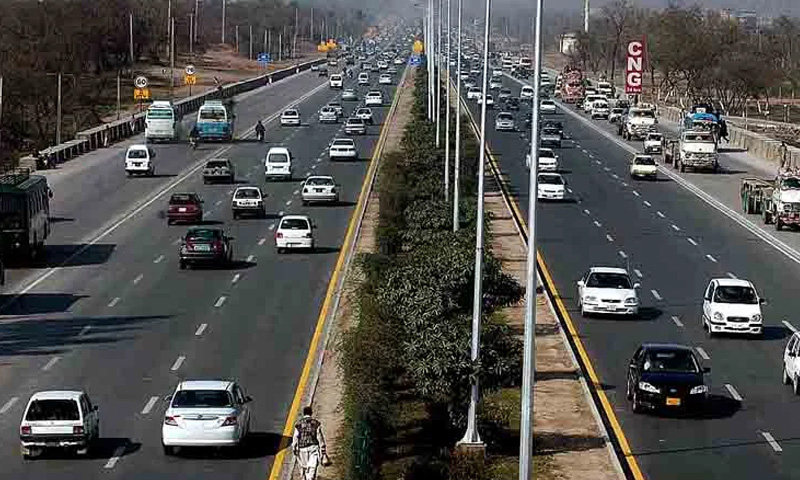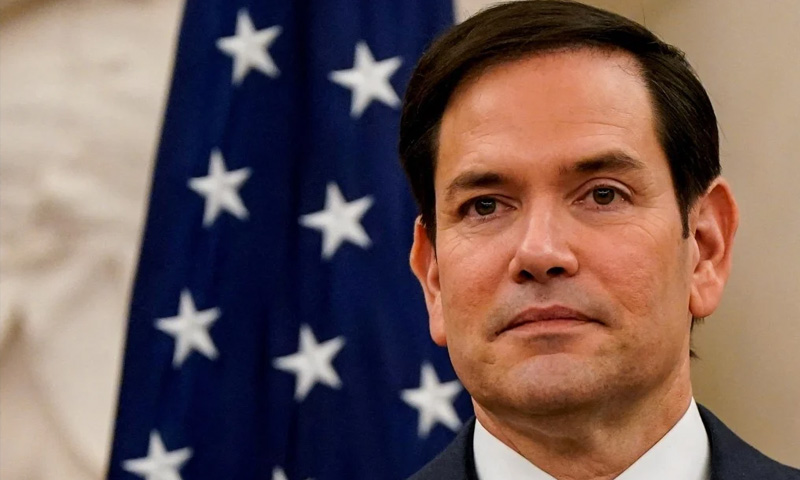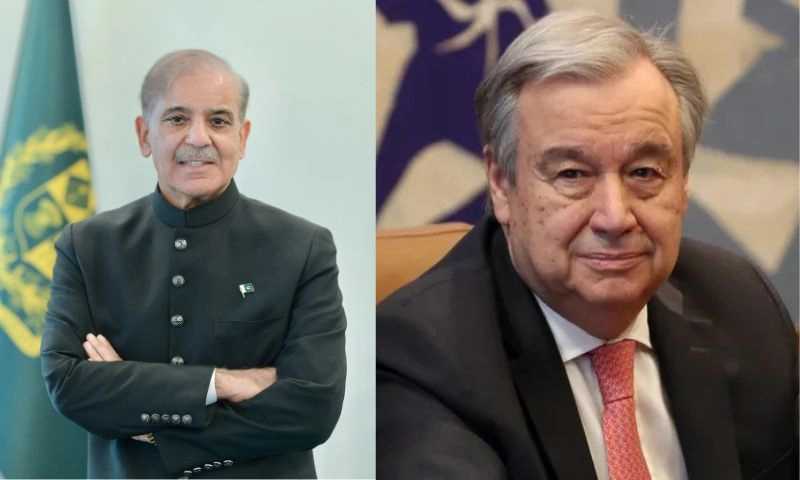- Web Desk
- 1 Hour ago

With limited job options, Balochistan inhabitants turn to Illicit trade
-

- Web Desk
- Oct 08, 2023

By Imad Abbas
QUETTA: Balochistan, the largest province in Pakistan with a sparse population, serves as a significant centre for the informal economy. Covering an area of approximately 347,000 square kilometers, the region is primarily arid, offering limited opportunities for irrigation. Furthermore, the vast natural resources within Balochistan remain largely untapped. Access to fresh drinking water and basic household amenities is extremely limited. Consequently, in the absence of stable agricultural and industrial sectors, a substantial portion of the population turns to illegal means to make ends meet.
Smuggling is the predominant illicit activity in the region, especially along the Iran-Balochistan border. The cultural and ethnic ties shared by the border communities, combined with porous borders, have facilitated a surge in smuggling.
According to a resident of the Mashkil district, “People on both sides of the border have strengthened their bonds through inter-marriages.”
A staggering number of people, estimated at 12.3 million, are involved in smuggling commodities from one area to another. Surprisingly, a significant portion of these individuals includes teenagers and even those with advanced degrees. When questioned about their motivations, one respondent explained, “With the absence of established industries and labour-intensive jobs, young graduates are compelled to resort to illegal practices to sustain themselves.”
In this process, participants evade taxes and customs duties, thereby depriving the government of much-needed revenue while simultaneously bolstering the informal economy. It is estimated that the informal sector accounts for approximately 56% of the country’s GDP.
Various items are smuggled through different routes, with petrol being among the most widely transported commodities. Due to strict Western sanctions, Iran relies on illicit means to transport its abundant petrol. This results in the transportation of petrol from the Iran border to the Balochistan region using speedboats and trucks. Research indicates that the price of oil inside Iran is significantly lower than inside Pakistan, creating a price gap that has led to substantial quantities ending up in Balochistan.
According to a resident of the Kharan district, who is involved in this business, “The smuggling route starts from the bordering districts of Iran, enters Balochistan, and passes through Mashkil, Kharan, Dalbandin, Yakmach, Nokhundi, Chaghi, Noshki, and eventually reaches Quetta.” He added, “If government barriers on the eastern route are removed, it could be transported to the federal areas as well.” These routes are chosen because they avoid security checkpoints, allowing for easy transportation.
Smugglers in border regions often rely on the Hawala system, a trust-based financial system that does not involve physical money movement. This system relies on mutual trust, given the cultural and ethnic proximity of both sides of the border, and official documents are typically not used.
The illicit trades, which escape taxation and customs duties, result in an annual revenue loss of approximately 7 billion rupees to the informal sector, depriving the provincial government of critical public revenue. Research suggests that trade along the Iran-Balochistan border disproportionately benefits Iran since most items are imported into Pakistan rather than exported.
These activities have also had a detrimental impact on the local labor market. The lure of higher incomes in smuggling compared to labor-intensive jobs drives individuals of all ages, including teenagers and adults, to participate, despite the inherent risks.
Traditional cuisine: there is more to Balochistan than meets the eye
Complicating matters further, individuals involved in law enforcement agencies are reportedly engaged in the smuggling business, accepting bribes for their complicity. Each smuggling operation may cost between 10,000 to 20,000 rupees in bribes, depending on the items involved.
The pervasive informal sector in border regions is primarily a consequence of the absence of effective governance. While there have been sporadic attempts to crack down on illegal activities, including recent orders from former prime minister Shehbaz Sharif, the impact remains limited. Corruption among government officials exacerbates the issue, as many benefit personally from the bribes paid by smuggling operations.
To address these challenges, the government should consider several measures to boost revenue collection and curb illicit practices. Establishing Small and Medium Enterprises (SMEs) could provide alternative economic opportunities, reducing reliance on illegal trades. Strengthening the capabilities of law enforcement agencies (LEAs) would enhance their ability to combat criminal gangs.
Additionally, offering rewards for the apprehension of smugglers could help eliminate the culture of bribery, encouraging people to seek legal means of livelihood and ensuring that revenue benefits the government rather than corrupt officials.




